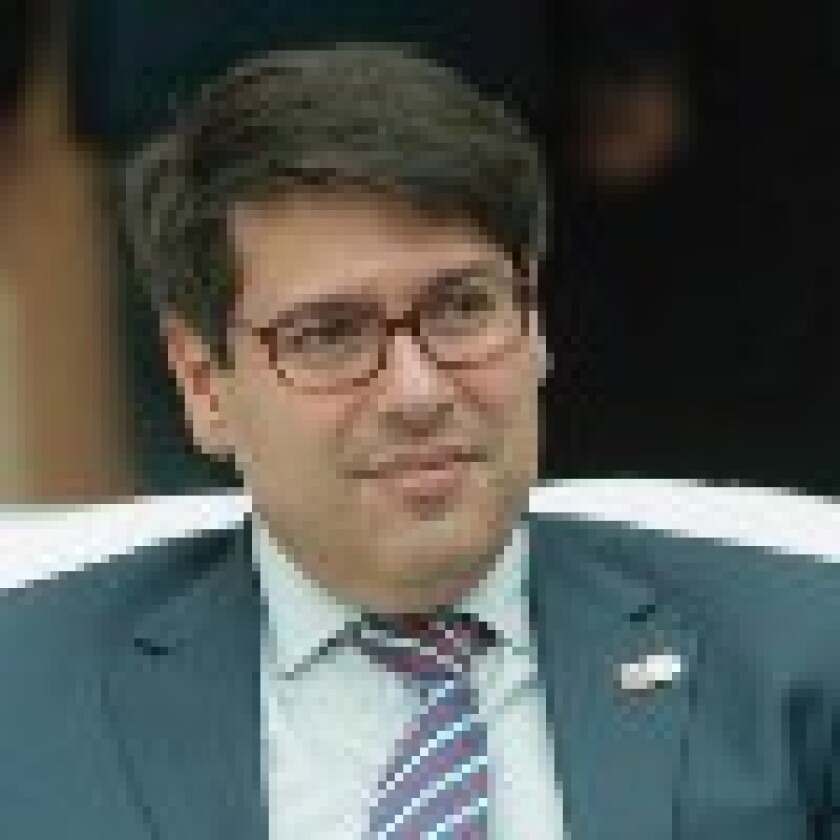
A new financing line being touted to cover short-term economic pain in Europe needs to be marketed diplomatically to borrowing country populations, a leading eurozone politician has said.
Ricardo Mourinho Félix, Portugal’s secretary of state for finance, argued for the creation of a financial instrument via a new European Monetary Fund, to mitigate the short term pain during tough labour market or public policy changes.
But it was crucial to avoid these measures looking like they were imposed from the outside, he said.
Mourinho Félix said it was important to consider how EU countries could be encouraged to take structural reform measures during good economic times.“Countries must be able to take ownership of how the credit line is to be used,” said Mourinho Félix. “It cannot look like the financial assistance programme — it cannot look like the European Commission coming in and saying ‘do this’ and ‘do that’. This was a major failure in the Greek programme….the European Stability Mechanism should be prominent, but countries themselves must be the owners.”
The comments come after the eurozone finance ministers’ committee, known as the Eurogroup, met last week and put the idea of a European Monetary Fund, based around an expanded European Stability Mechanism, firmly back on the table.
“It’s much cleverer to implement structural reforms when things are going well,” said Mourinho Félix. “But it’s still difficult. If everything is going well, people say ‘why change?’, and if you try in a crisis, people say that you can’t implement reforms and hurt living standards. So there’s never a politically easy time.”
IMF managing director Christine Lagarde said on Friday that the improving global economy offered “a major opportunity to secure the recovery and to expand it to those who are not yet benefiting, and to include those who are excluded or are at the risk of being excluded… Our analysis of structural reforms over economic cycles shows that labour and product market reforms are more potent during economic upswings.”
There is broad consensus in Europe that the ESM should be expanded, but the idea of a credit line to ease the pain of structural reforms has only been discussed behind closed doors.
Other ideas for expanding ESM include using it to backstop the Single Resolution Fund, the bank resolution vehicle which Europe’s banks are gradually paying into, and, more controversially, using ESM to back a European Deposit Insurance Scheme, which would backstop national deposit insurance.
ESM is likely to gain a much bigger role in setting the conditionality for any future financial assistance to European countries. In the last round of financial assistance, the ESM largely focused on raising the funds, with the Commission, Eurogroup and the IMF setting conditions.
